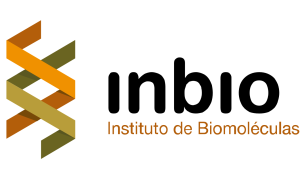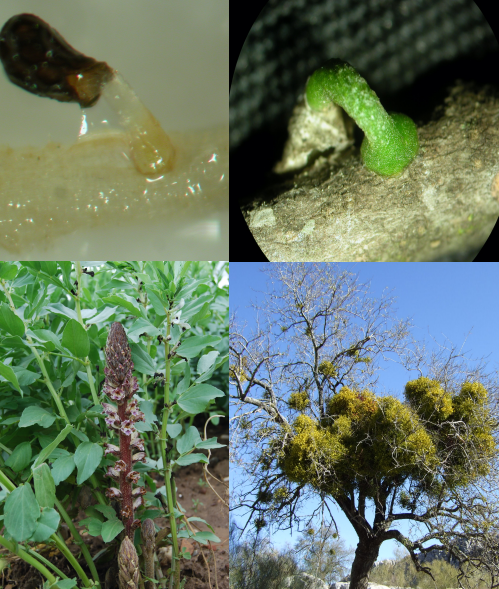Course Overview
The International Course on Parasitic Plants: Problems and Solutions is a specialized training program aimed at providing a comprehensive introduction to the study of parasitic plants. This course is designed for students and researchers with basic knowledge in Organic Chemistry who wish to explore the challenges posed by these plants and the innovative solutions available to manage them.
The course will be held from July 7th to July 11th, 2025, with a total duration of 20 hours spread over 5 days. It will be coordinated by Dr. Antonio Cala Peralta, Assistant Professor at the University of Cádiz, and will feature instruction from Dr. Mónica Fernández-Aparicio Ruiz, Dr. Francisco J. Rodríguez Mejías, and Dr. Jesús García Zorrilla, all experts in the field.
Course Description
This program provides an introductory approach to research in parasitic plants, covering their identification, biological characteristics, and the strategies used to mitigate their impact on agricultural systems.
Parasitic plants such as broomrapes (Orobanche spp.), dodders (Cuscuta spp.), and other species are increasingly recognized as difficult-to-manage weeds due to their unique biology. Unlike conventional weeds, these plants attach to the roots or stems of host crops, extracting water and nutrients, which makes them highly invasive and damaging. Their control presents a significant challenge because traditional pesticide-based methods are often ineffective or may cause unintended damage to the host plant.
To address this issue, various environmentally friendly strategies have been developed. These include:
- Biological control methods, such as using specific plants, microbes, or insects that suppress parasitic plant growth.
- Chemical approaches, focusing on the use of natural and synthetic compounds that inhibit their development.
- Bioassays, laboratory techniques used to evaluate the effectiveness of different control strategies.
Throughout the course, students will learn about these control methods and gain practical experience in laboratory-based bioassays, including result interpretation.
Who Should Attend?
This course is ideal for:
- Undergraduate and graduate students in disciplines related to chemistry, biology, agronomy, or environmental sciences.
- Early-career researchers interested in parasitic plant management and sustainable agricultural practices.
- Professionals in the agricultural sector looking for new strategies to mitigate crop damage caused by parasitic plants.
Instructors (for more details)
- Dr. Antonio Cala Peralta (Coordinator) – Assistant Professor, University of Cádiz.
- Dr. Mónica Fernández-Aparicio Ruiz – Expert in parasitic plant biology and sustainable agriculture.
- Dr. Francisco J. Rodríguez Mejías – Specialist in chemical control strategies for invasive plant species.
- Dr. Jesús García Zorrilla – Researcher in plant-microbe interactions and biocontrol methods.
Key Benefits of the Course
- Gain in-depth knowledge of parasitic plants and their ecological significance.
- Learn about innovative and environmentally sustainable control strategies.
- Get hands-on experience with bioassays and laboratory techniques.
- Interact with leading experts in the field and expand your professional network.
- This course provides an excellent opportunity for students and researchers seeking to enhance their expertise in agricultural sustainability, pest management, and plant biology.
Course content, assessment and other relevant information
If you want to know more about this course and all the content that will be given click here
If you have any inquiries about the course
Contact the coordinator if you have any questions about the course;
Dr. Antonio Cala Peralta antonio.cala@uca.es
This course is supported and sponsored by INBIO


